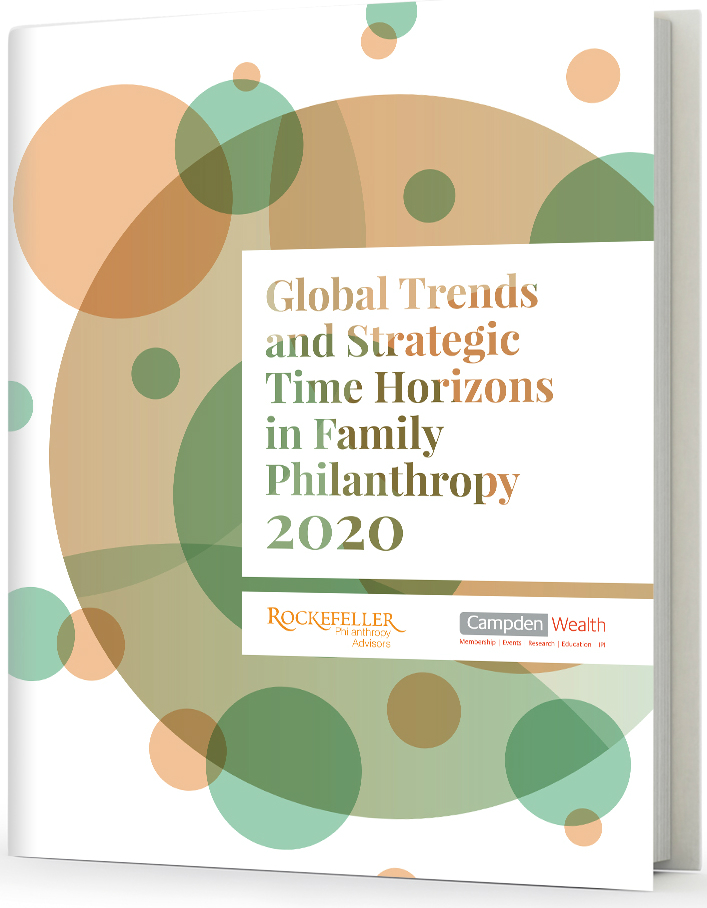Philanthropists save their legacy but the next generation saves the world

Traditional billionaire philanthropists say they want to give back to society, but saving the world is falling to the next generation of ultra-wealth holders, a new Campden Wealth report reveals.
Despite bushfires in Australia, plastic in oceans and flooding in Venice among the latest climate catastrophes, the need to address environmental concerns ranked in lowly ninth place for 28% of the world’s family and private philanthropists holding an average net wealth of $1.2 billion. There was little variation in environmental priority for philanthropists in the United States (29%), Europe (27%) or Asia-Pacific (29%), the new Global Trends and Strategic Time Horizons in Family Philanthropy 2020 found.
Closer to home was by far the main reason for giving for the majority (75%) of global philanthropists surveyed, especially in Asia-Pacific (83%) and the US (76%). Giving back to society was also the big driver for Europeans, but at the same level as influencing social change for the 65% majority surveyed. Social change was the lower secondary priority for 64% of philanthropists in Asia-Pacific and dropped to 45% as the reason for US givers.
 Educational causes were the biggest beneficiaries of average global philanthropic portfolios at 29%. Asia-Pacific families were the biggest allocators to education at 35%, ahead of their European (27%) and US peers (26%).
Educational causes were the biggest beneficiaries of average global philanthropic portfolios at 29%. Asia-Pacific families were the biggest allocators to education at 35%, ahead of their European (27%) and US peers (26%).
Families that were motivated by leaving a legacy allocated a greater share of funds to education, arts, culture and sport than those with other motivations, such as environmental concerns.
“The allocation to the environment varied the most, with those motivated by addressing environmental concerns, naturally, allocating the greatest share (24%) and those motivated by personal experience (7%) allocating the least,” the report said.
“Those motivated by personal experience placed greater weight on health as a cause—17% versus, for example, 11% of those motivated to influence social change.”
Encouragingly, the next generation of philanthropists were moving into decision-making roles in their families’ charities. The large majority of the next generation were either actively involved (42%) or somewhat involved (39%) in their families’ philanthropic activities. The most common activities they participated in were serving on boards (45%), visiting sites (28%), and developing grants (24%).
 The vast majority (76%) of philanthropic families and private investors told Campden Research they were listening to their next-gens’ plans and making an informed decision based on their proposal.
The vast majority (76%) of philanthropic families and private investors told Campden Research they were listening to their next-gens’ plans and making an informed decision based on their proposal.
Upcoming philanthropists were acutely aware of the global challenges they will face, such as climate change, Dr Rebecca Gooch, director of research at Campden Wealth, said.
“As the world’s wealthiest are playing an increasingly important role in tackling today’s social and environmental problems, the entrance of this new generation is likely to impact critical global initiatives,” Gooch said.
“Beyond next-gens’ strong influence in the sustainable investment space, they are also set to significantly affect philanthropic giving. This can result in more meaningful funding for certain important causes, such as the environment.”






